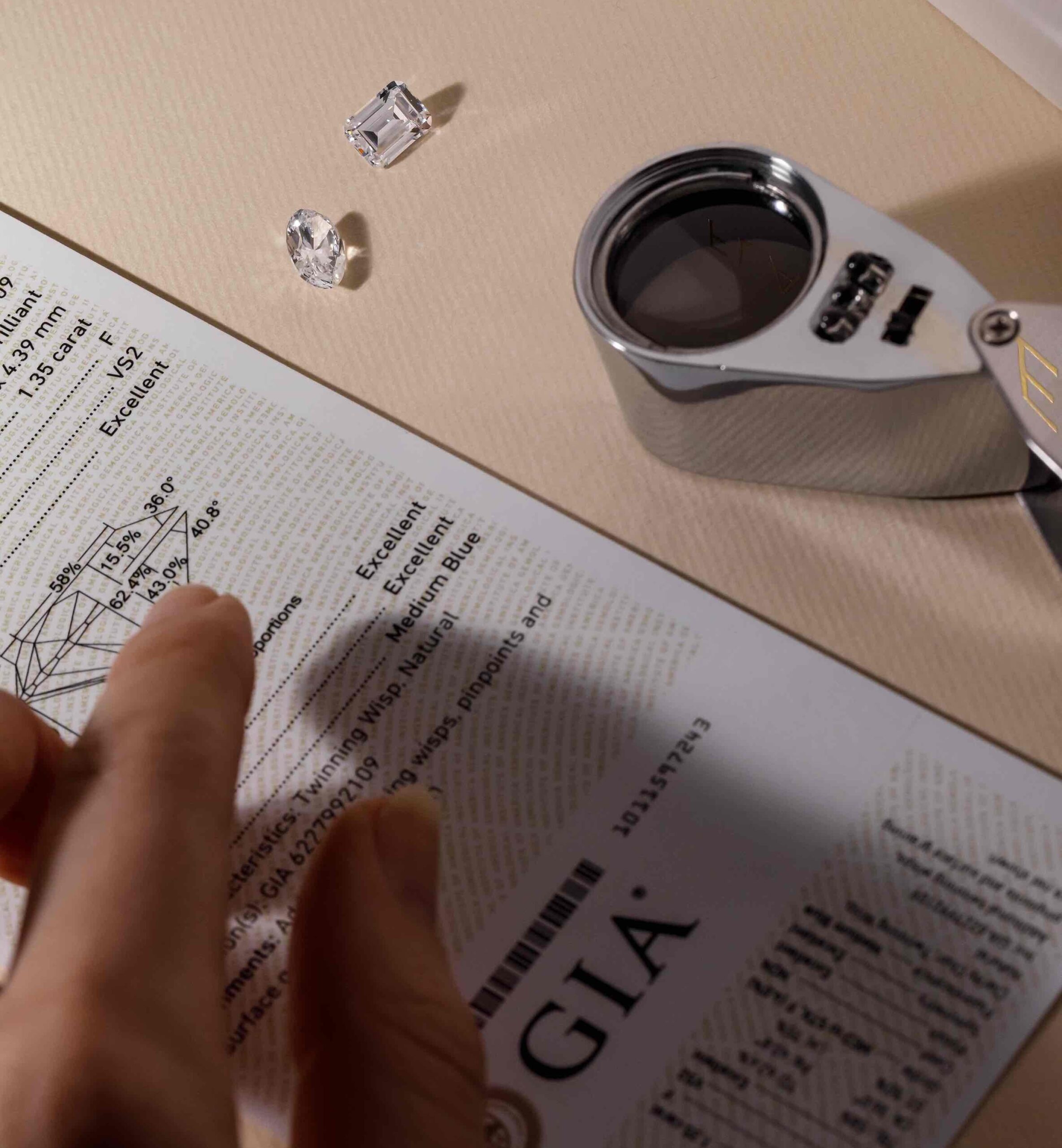
12 Jun 2025 — by Flawless Fine Jewellery — Reading time 12 minutes
Diamond Certification in London, UK – A Complete Guide
The Knowledge You Need To Find Your Perfect Gemstone
Introduction
When purchasing a diamond—whether for an engagement ring, a custom piece of jewellery, or an investment—understanding diamond certification is essential. In London, particularly in renowned jewellery districts like Hatton Garden, certified diamonds are a hallmark of trust, quality, and transparency.
In this guide, we’ll explain what diamond certification is, who the major certification bodies are, and what to look for when buying a certified diamond in London.
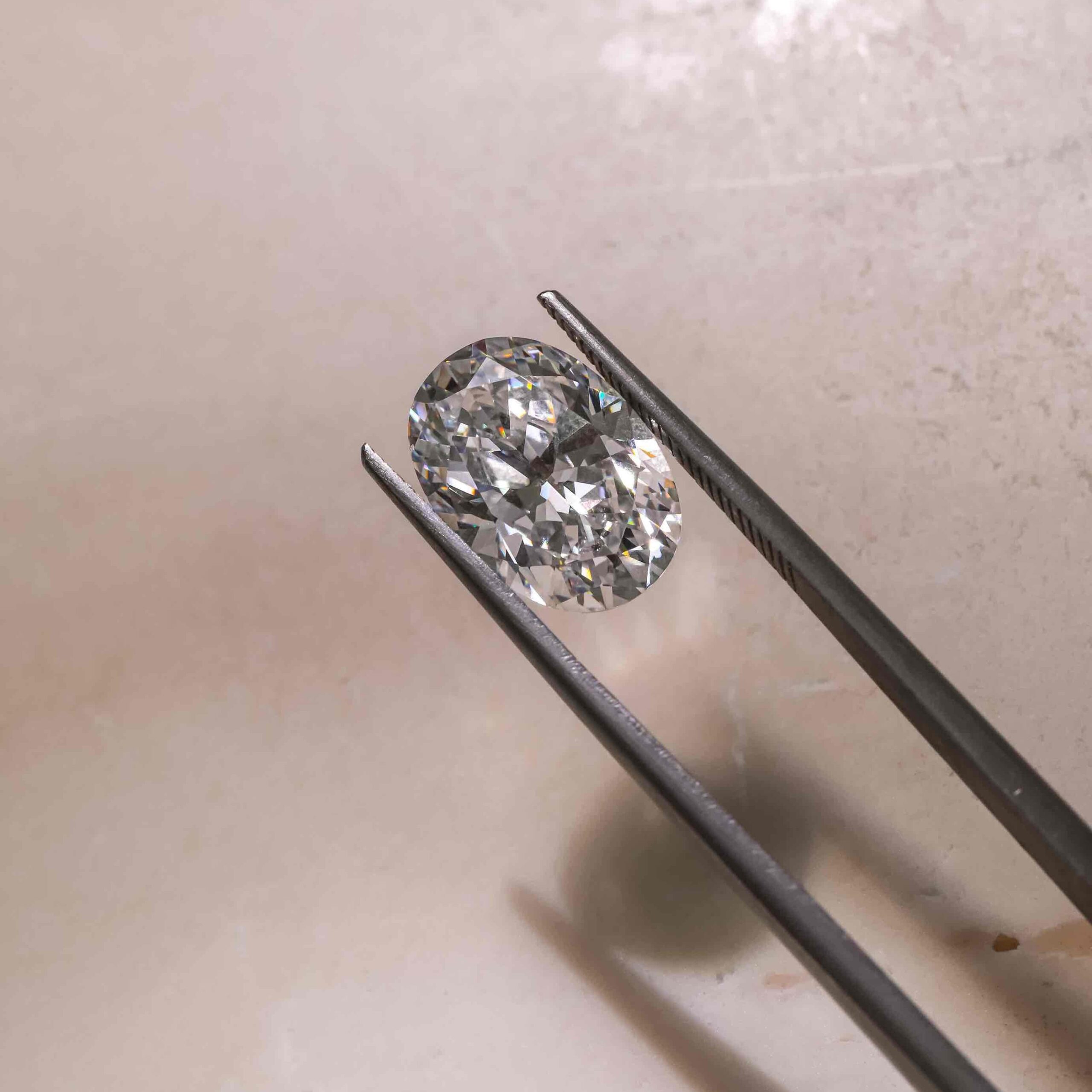
Topics covered
What Is a Diamond Certificate?
A diamond certificate, also known as a diamond grading report, is an official document issued by an independent gemological laboratory. It provides a detailed analysis of a diamond’s characteristics, primarily the 4Cs:
Carat Weight
Cut
Colour
Clarity
The certificate also includes additional details such as the diamond’s polish, symmetry, fluorescence, and measurements.
Why It Matters: A certified diamond guarantees that you’re getting exactly what you paid for. It serves as proof of the stone’s authenticity and quality, which is vital for insurance, resale, or trade-in purposes.
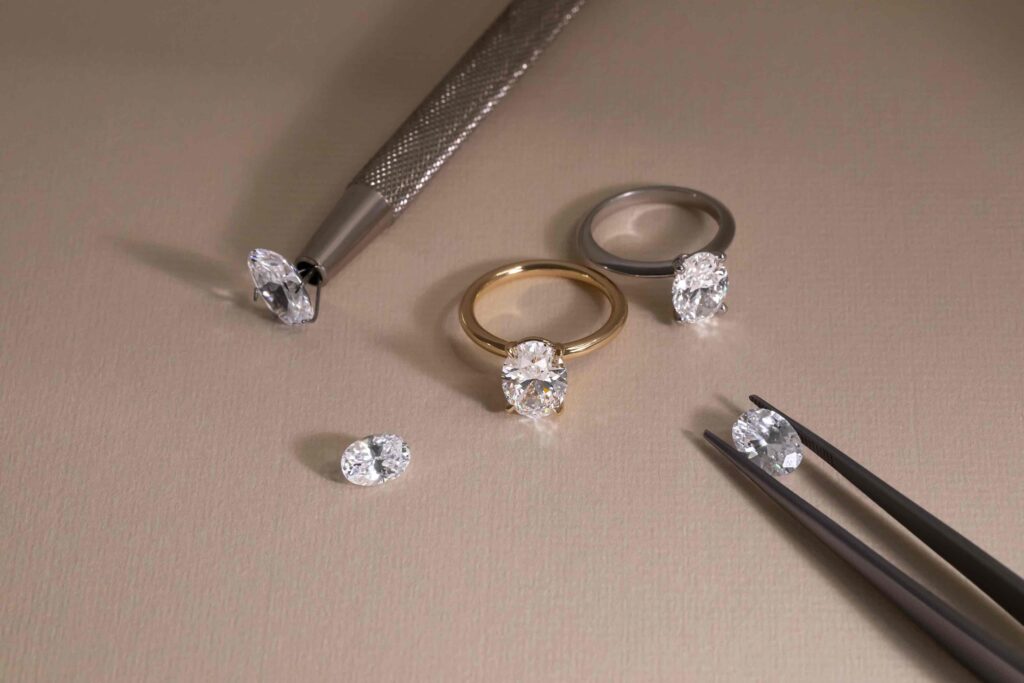
Reputable Diamond Certification Bodies in the UK
When buying a diamond in London, make sure the certificate is from a globally recognised gem lab. Here are the most trusted names:
1. GIA – Gemological Institute of America
Arguably the most respected lab worldwide.
Known for strict and consistent grading.
Preferred by many Hatton Garden jewellers.
2. IGI – International Gemological Institute
Popular across Europe.
Offers detailed grading and laser inscriptions.
Often certifies both natural and lab-grown diamonds.
3. HRD Antwerp
Europe’s leading authority on diamond grading.
Commonly seen in diamonds sold throughout the UK.
4. AGS – American Gem Society
Known for scientific cut grading.
More prevalent in the US but sometimes used by high-end UK jewellers.
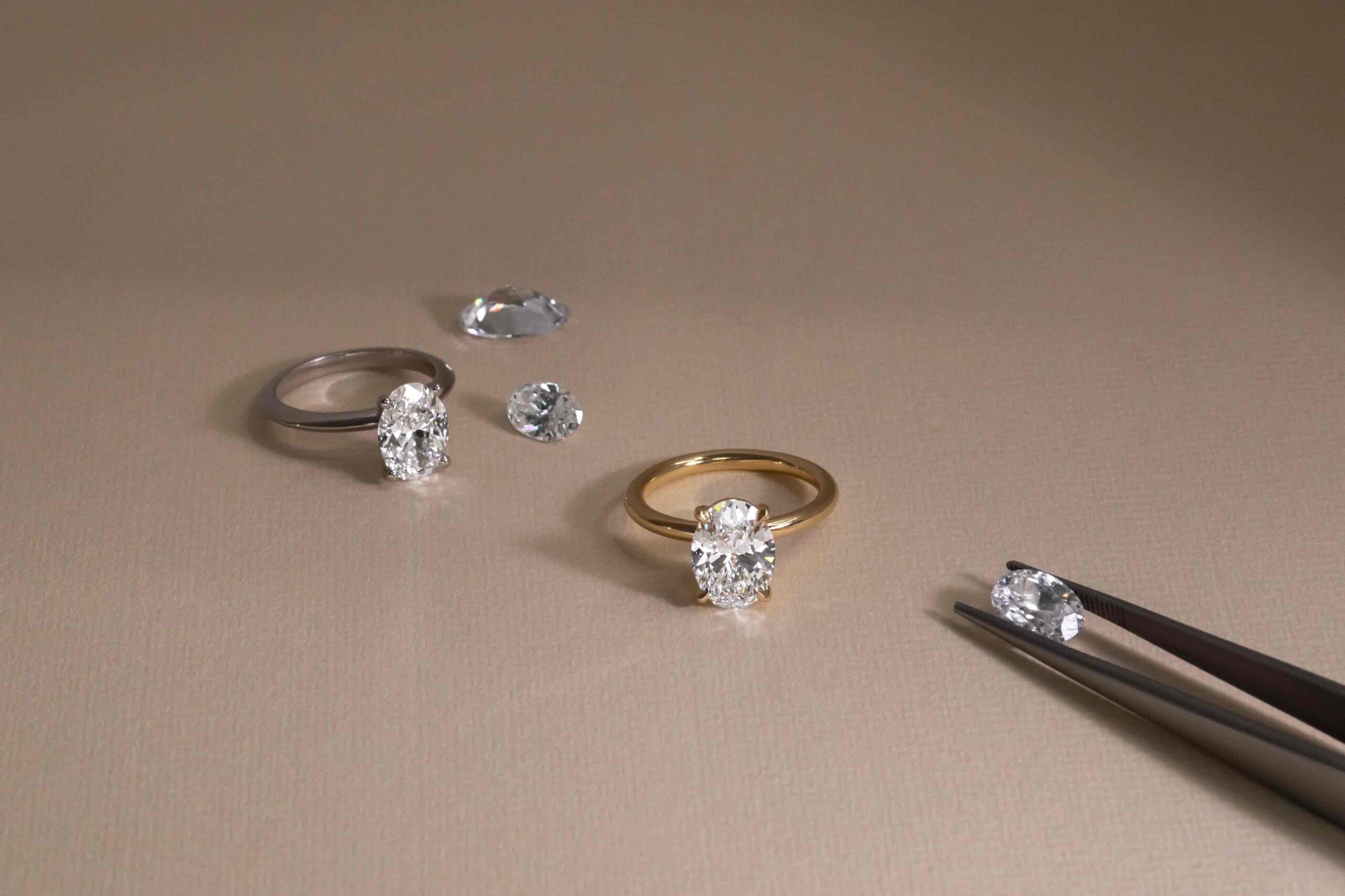
Diamond Certification vs. Diamond Appraisal
Many confuse a certificate with an appraisal. Here’s the difference:
Certificate: Grading of the diamond’s physical qualities (objective).
Appraisal: An estimated market value of the diamond (subjective and varies).
Always request both when purchasing from reputable jewellers in London.
Buying Certified Diamonds in London – What to Look For
Here’s how to make an informed purchase:
1- Ask for the Certificate:
Whether you’re buying in Hatton Garden or Mayfair, always ask to see the diamond’s certificate before committing.
2- Verify the Report:
Use the lab’s online report check tool (e.g., GIA Report Check) to verify authenticity.
3- Understand the 4Cs:
Read the report carefully and understand how each element affects value and appearance.
4- Choose Reputable Jewellers:
Work with well-reviewed jewellers in London like Flawless Fine Jewelry who are transparent and provide certified stones as standard practice.
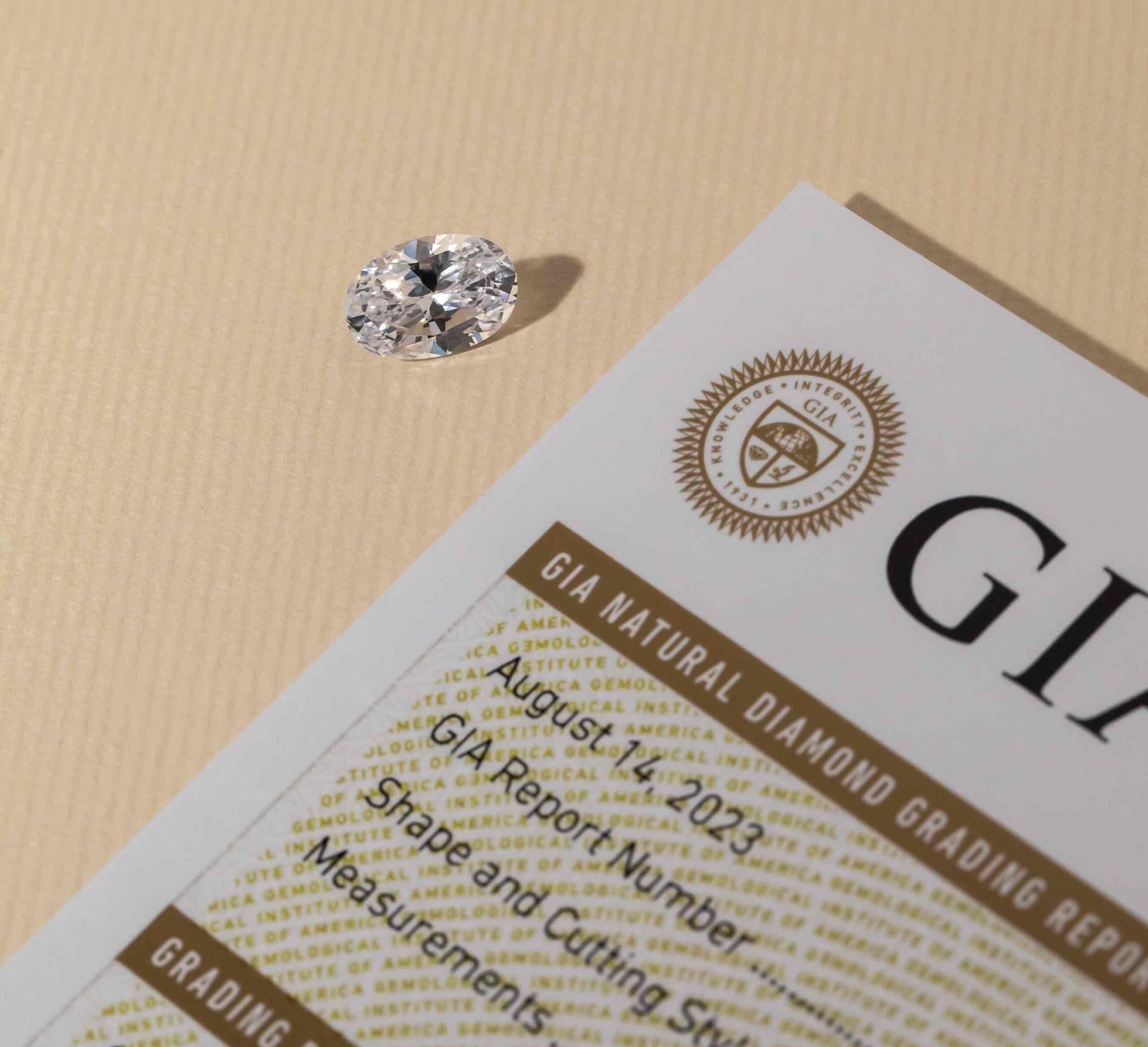
The Role of Certification in Lab Grown Diamonds
Lab-grown diamonds should also be certified. Many in the UK now come with IGI or GIA reports tailored for lab-created stones. These certificates distinguish between natural and synthetic origins clearly, helping buyers make informed choices.
FAQs About Diamond Certification in the UK
Q: Can I get my diamond certified after purchase?
Yes, you can send it to a recognised lab, but it’s better to buy a pre-certified diamond.
Q: Are certified diamonds more expensive?
Typically, yes—but the cost reflects verified quality and peace of mind.
Q: Is certification necessary for smaller diamonds?
It’s usually reserved for stones 0.30ct and above, but high-quality small diamonds may still come certified.
Q: Can I trust all diamond certification labs?
No, not all labs follow the same strict grading standards. Stick to reputable names like GIA, IGI, HRD, or AGS. Some lesser-known labs may inflate grades, which can lead to overpaying for a lower-quality stone.
Q: Does a diamond certificate increase resale value?
Yes. Certified diamonds are easier to resell or trade because buyers have documented proof of the diamond’s characteristics. It adds credibility and assurance to the transaction.
Q: What’s the difference between laser-inscribed and non-inscribed diamonds?
Laser inscription refers to a microscopic serial number (usually the report number) engraved on the diamond’s girdle. It’s not visible to the naked eye and does not affect the diamond’s appearance or value. It helps link the stone to its certificate for extra security.
Q: Are diamond certificates only available for loose diamonds?
Mostly yes, but some jewellers in London may provide certificates for diamonds already set in jewellery—especially if they’ve had the stone certified before setting. However, grading is more accurate when the diamond is loose.
Q: Can I insure a diamond with just a certificate?
A certificate helps, but for insurance, you’ll also need an official appraisal stating the market replacement value. Some jewellers offer both documents upon purchase.
Q: How do I know if a certificate is genuine?
You can verify the certificate number through the issuing lab’s website (e.g., GIA Report Check). This will show the digital copy of the report and confirm the diamond’s details.
Q: Should I avoid uncertified diamonds?
Not necessarily, but proceed with caution. Uncertified diamonds can still be beautiful and well-priced—but without a certificate, it’s harder to verify their true quality and value. Always buy from a trusted jeweller if considering an uncertified stone.
